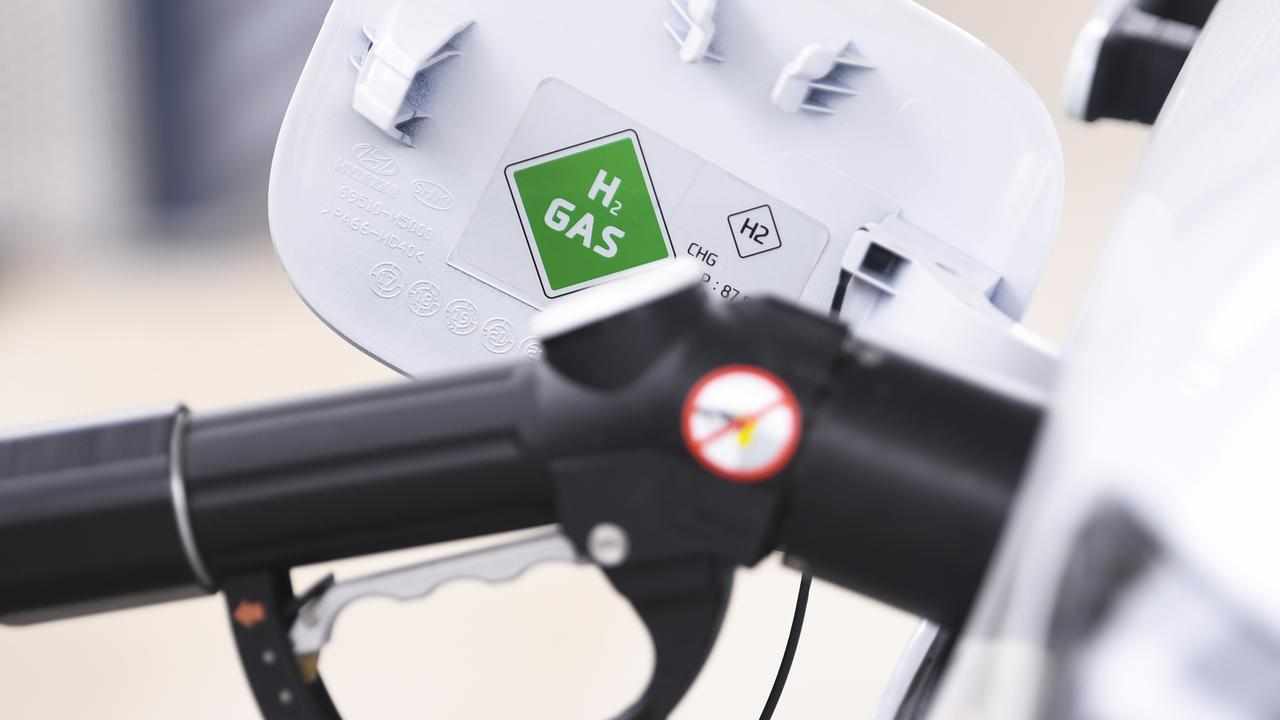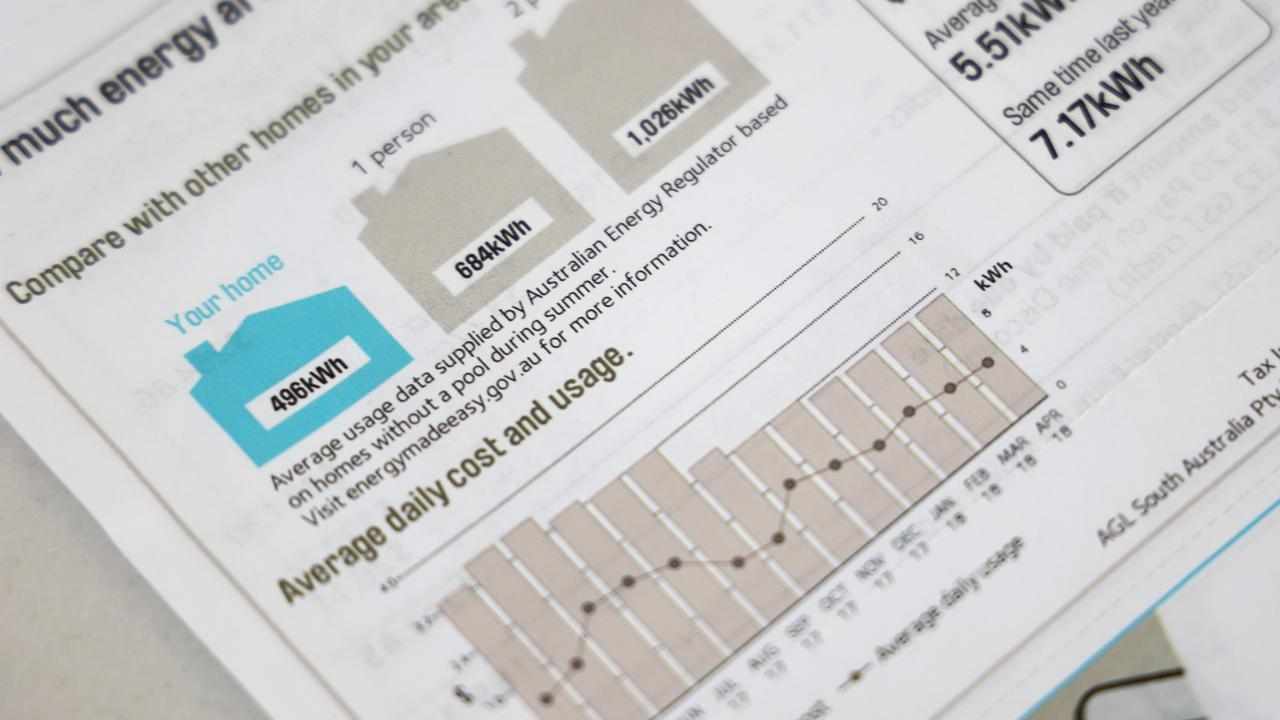A strict expiry date on tax incentives for renewable hydrogen and critical minerals will mean these sectors find their feet but don't rely on the federal budget forever.
Speaking at the National Press Club after delivering his third budget as federal treasurer, Jim Chalmers confirmed the measures would be phased out at the end of the next decade, once the emerging industries had matured.
"That's how we don't saddle the budget forever with these really important production tax credits," Dr Chalmers said on Wednesday.
Setting up new industries for a decarbonising world is central to the Albanese government's third budget, with a number of measures announced under the banner of its Future Made in Australia policy.
Top of the list are tax breaks to supercharge the production of renewable hydrogen as well as the critical minerals sector, with both areas making up the bulk of the $22.7 billion package.

Dr Chalmers said the design addressed concerns raised by Productivity Commission chair Danielle Wood and others who worried subsidies and incentives would create a class of businesses reliant on the government handouts.
The treasurer also spruiked new low-carbon industries under the plan mapped out in more detail in the budget papers on Tuesday.
It was all about seizing the "golden opportunity" and setting the country up for another era of economic prosperity, he said.
"We can choose a new path to prosperity not by doubling back but by going forward together, making the most of the geographical, geological, meteorological, geopolitical and industrial cards that we have been dealt."
Households could end up with a bigger slice of the action with the treasurer open to more support for electrification to put downward pressure on energy bills and emissions.
Yet he said choosing to expand energy bill subsidies, worth $300 for every household, was about providing immediate relief to struggling families.
Along with another boost to commonwealth rent assistance, the energy subsidies are at the centre of the government's plan to tame inflation.
Moderating but still above the Reserve Bank's target range, inflation remains the nation's most pressing economic challenge.

Treasury forecasts in Tuesday night's budget for 2024/25 show cost-of-living measures will reduce inflation about half a percentage point in the next financial year.
Yet analysts counter that broad relief, such as energy rebates and tax cuts, could make things worse.
Committee for Economic Development of Australia chief economist Cassandra Winzar said energy bills support that was not means-tested risked working against the central bank.
“Electricity rebates may alleviate headline inflation but will drive spending elsewhere," Ms Winzar said.
Dr Chalmers defended the government's decision to provide cost-of-living relief for all Australians, not only low income households, pointing to Treasury's forecast that it would not be inflationary.
"The clear advice we got from Treasury was that by designing our cost-of-living package the way we have will take the edge off inflation and won't add to inflationary pressures elsewhere in the economy," he said.
"We took that advice very seriously and we proceeded on that basis."









